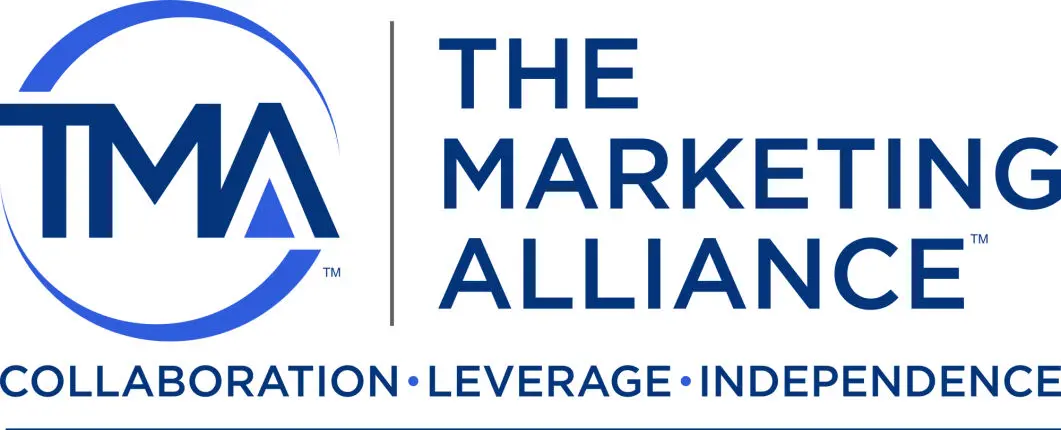The Telephone Consumer Protection Act (TCPA) sets strict guidelines for call centers engaging in telemarketing, customer outreach, or automated communications. Non-compliance can lead to severe penalties, including fines and lawsuits. Following a compliance checklist is crucial to mitigate risks and operate within the law.
1. Obtain Prior Express Consent
Consent is the foundation of TCPA compliance. Key requirements include:
- Robocalls and Texts: Secure explicit consent before using automated dialing systems or prerecorded voice messages.
- Marketing Calls: Obtain written consent for telemarketing calls.
- Documentation: Keep verifiable records of consent, such as opt-in forms, recorded calls, or digital signatures.
2. Do-Not-Call (DNC) List Compliance
Call centers must respect consumer preferences by adhering to DNC requirements:
- National Registry: Screen call lists against the National Do Not Call Registry regularly.
- Internal DNC Lists: Maintain internal lists of consumers who have opted out, honoring their requests for at least five years.
- Timing Restrictions: Make calls only between 8 a.m. and 9 p.m. local time of the recipient.
3. Adhere to Autodialing Rules
Regulations around autodialing systems require strict compliance:
- System Usage: Avoid dialing numbers randomly or sequentially without prior consent.
- Pre-recorded Messages: Use prerecorded messages only if the recipient has given explicit permission.
- Live Answer Detection: Ensure autodialers can detect live answers before delivering messages.
4. Recording and Monitoring Calls
Recording practices must comply with federal and state laws:
- Notification: Inform consumers at the beginning of the call if it will be recorded.
- Consent: Obtain explicit consent if state laws require it.
- Accuracy: Track and document consumer consent accurately through reliable systems.
5. Implement Robocall Mitigation
Use tools and protocols to prevent fraudulent or unwanted robocalls:
- STIR/SHAKEN Framework: Verify the authenticity of calls to prevent spoofing and ensure compliance.
- Opt-Out Mechanisms: Provide easy ways for consumers to opt out of robocalls, such as during the call itself.
6. Train Call Center Staff
Regular training ensures agents understand and follow TCPA rules:
- Ongoing Education: Update staff on consent requirements, DNC compliance, and autodialing rules.
- Quality Monitoring: Conduct random call audits to ensure adherence to TCPA guidelines.
7. Penalties for Non-Compliance
Non-compliance with TCPA regulations can result in:
- Fines: Up to $500 per violation, increasing to $1,500 for willful breaches.
- Class Actions: Risk of costly lawsuits from affected consumers.
- Reputation Damage: Erosion of customer trust and public goodwill.
Contact Us for Compliance Assistance
TCPA compliance is essential to protect your call center from legal risks while maintaining consumer trust. If you need guidance or tools to manage compliance effectively, we’re here to help.
Contact us today to learn more about our solutions for TCPA compliance.
